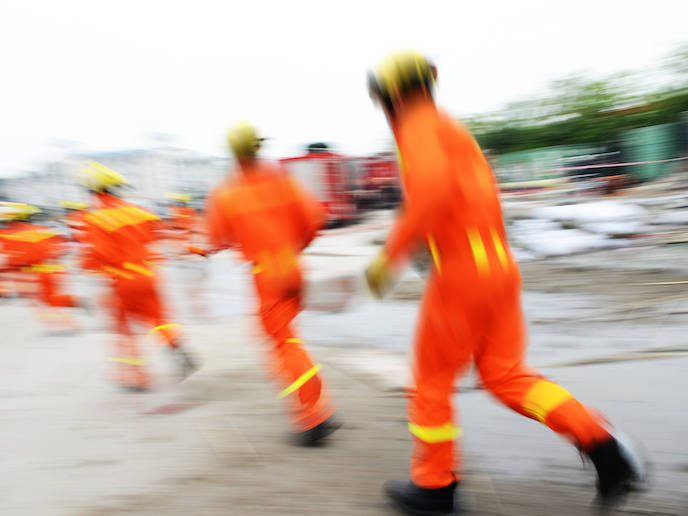Training next generation of fire management experts
Heatwaves and droughts are causing more extreme fires across the globe. From 2017 to 2018, super fires fanned by gale-force winds left behind 225 dead(opens in new window) in Greece, Portugal and Spain. Meanwhile, regions once rarely threatened by blazes have found themselves dealing with dangerous situations. “People have tended to think that should there be an emergency, the fire service will simply come and rescue us,” says PyroLife(opens in new window) scientific director Cathelijne Stoof from Wageningen University(opens in new window) in the Netherlands. “As we have seen more and more over the last decade, this concept of fire management is not valid anymore.”
Training programme on living with wildfires
Stoof believes that new approaches to fire management are needed. These approaches should be proactive rather than reactive and take full account of the impact of fire on both landscape and people. “After all, fire is a natural process,” she adds. “We need to think more about how we actually manage and live with fire.” Part of this new approach involves training people in a different way. This was the core focus of the PyroLife project, supported by the Marie Skłodowska-Curie Actions(opens in new window) programme. The project brought together 15 early-stage researchers (ESRs) to take part in the world’s first integrated doctoral training programme on handling wildfires. A key element of the training programme involved transferring knowledge from southern Europe to temperate European zones, and vice versa. “ESRs carried out their research at different organisations,” explains Stoof. “If they were based in the north, they would also be trained at an institution in the south.”
Role of diversity in fire management
Interdisciplinary lessons included fire behaviour, policy and water management. Experts were drawn from fire science, climate science and soil science, as well as forestry, economy and risk communication. “We knew that it was important to involve everybody in this,” says Stoof. “Diversity increases the quality of the science, even though we know this can be hard to achieve. We wanted to hear from as many voices as possible.” The project’s approach to diversity has helped to underline that sustainable fire management requires the collaboration of all parts of society(opens in new window). “It is not just up to the fire service to stop all fires,” remarks Stoof. “Every sector has a role to play in fire management, from land management and tourism to education.”
Acknowledging pain associated with disaster
Another key point to come out of the training programme has been the importance of acknowledging both the need to live with fire and the pain associated with disaster. “Talking about this pain(opens in new window) puts fire management on everyone’s agenda,” explains Stoof. “Presented in this way, people are made to think about why it is important to take action.” Many of the 15 ESRs who took part in this inaugural doctoral programme have gone on to tenured positions. “It is really amazing to see where they have ended up,” adds Stoof. “They have had a thorough training in the natural sciences, social sciences, and connecting with practice, and are now able to use these skills and to pass them on.” The project has also opened up new avenues of research, such as examining the effects of war in Ukraine on wildfires.







